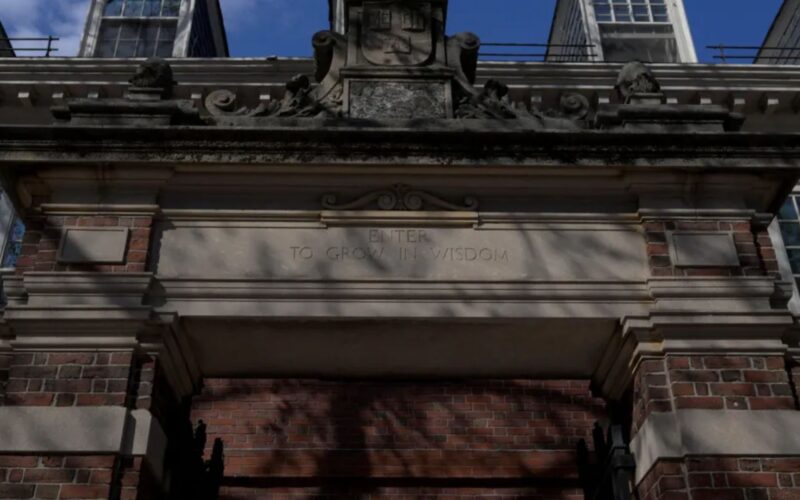Boston, MA (National Times): A federal judge has issued a temporary restraining order preventing the Trump administration from stripping Harvard University of its ability to enroll foreign students, pausing what could have been a major shakeup for one of the world’s most internationally recognized academic institutions.
The ruling, issued Friday by U.S. District Judge Allison Burroughs, comes just one day after the Department of Homeland Security announced it was revoking Harvard’s access to the Student and Exchange Visitor Program (SEVP), a federal system used to track and manage non-citizen students.
The administration claimed that Harvard had failed to address rising concerns over antisemitism on campus sufficiently and called for reforms to its hiring and admissions practices. Harvard denies those claims and responded swiftly with legal action, calling the move a politically motivated overreach.
“This is a blatant violation of law, academic freedom, and the rights of our international students,” Harvard said in its complaint, arguing that nearly a quarter of its student body could be impacted. “We did not sign up for this,” read a line from one student petition circulating online.
Harvard President Alan Garber, in a public letter, accused the government of using immigration enforcement as a tool to pressure the university into surrendering its autonomy. “This action continues a pattern of retaliation against Harvard for standing firm in defense of academic freedom,” he wrote.
The White House pushed back on that narrative. Deputy Press Secretary Abigail Jackson dismissed Harvard’s claims as “hysterical” and accused the institution of turning a blind eye to what she called “pro-terrorist, anti-American sentiment” on campus. After Friday’s ruling, Jackson criticized the judge for harboring a “liberal agenda,” saying, “These unelected judges should not be allowed to dictate national immigration policy.”
Legal analysts say the restraining order is a temporary measure that halts the enforcement of the administration’s order while the court considers the broader constitutional questions at stake. The next hearing is scheduled for May 29 in Boston.
While Friday’s decision offers temporary relief, the case has ignited a broader debate about the intersection of education, politics, and immigration in the United States. For thousands of international students enrolled at Harvard, uncertainty remains high as they await a more permanent outcome.

